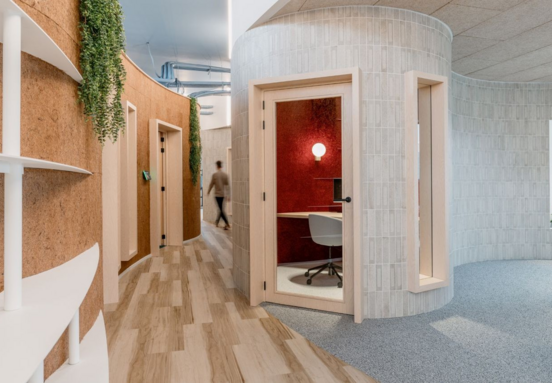The evolving landscape of remote work in Luxembourg
The rise of remote work, a legacy of the COVID-19 pandemic, has transformed workplace norms globally. In Luxembourg, a country heavily reliant on cross-border commuters who make up nearly half of its active population, this shift introduces unique challenges.
While many local employees enjoy hybrid models, the enthusiasm for expanding cross-border remote work is cooling, presenting new considerations for businesses planning their physical footprint.
Understanding the constraints for cross-border employees
For businesses employing cross-border staff, particularly from France, existing limitations significantly impact remote work policies. Strict tax and social security thresholds dictate how many days employees can work remotely while remaining affiliated with their home country's social security system (currently 50% for social security) and avoiding double taxation (typically 34 days for tax agreements).
Recent political discussions indicate a shift, with the momentum for extending these thresholds diminishing. Both Luxembourg and France have a vested interest in maintaining the status quo: Luxembourg seeks to preserve local economic activity, while France aims to retain tax revenues. This means businesses should not anticipate significant policy changes that would enable more extensive remote work for French cross-border employees in the near future.
Impact on business operations and talent attraction
The tightening stance on cross-border remote work directly influences business operations and talent strategies. While over 20% of Luxembourg residents work remotely multiple times a week, only about 3% of cross-border commuters do so, largely due to these restrictions. This disparity creates a challenge for talent acquisition and retention. Remote work has become a crucial criterion for many job seekers, and companies unable to offer flexible options risk losing valuable talent.
Some businesses have already reported talent attrition due to these limitations. The mixed views on remote work, as exemplified by cases like Amazon's initial restrictions and subsequent lifting, underscore the ongoing debate and the need for businesses to carefully consider their approach. The reality in Luxembourg, however, leans towards a greater need for physical presence for its cross-border workforce.
Strategic considerations for your business location in Luxembourg
For businesses looking to establish or expand their presence in Luxembourg, these developments highlight the continued importance of strategic office and warehouse space. With limitations on cross-border remote work, a larger proportion of your workforce may require a physical desk. This places a premium on well-located office spaces that are easily accessible for commuters, potentially near transport hubs or in central business districts.
Companies might need to re-evaluate their office layouts to accommodate a more in-person or structured hybrid model, focusing on collaborative spaces and efficient desk allocation. Furthermore, if your operations rely on warehouse facilities, the implications for staff management and local presence remain crucial. Choosing the right commercial real estate in Luxembourg isn't just about square footage; it's about aligning with evolving national policies and ensuring operational efficiency and talent satisfaction in a unique market.
Source: lessentiel.lu







